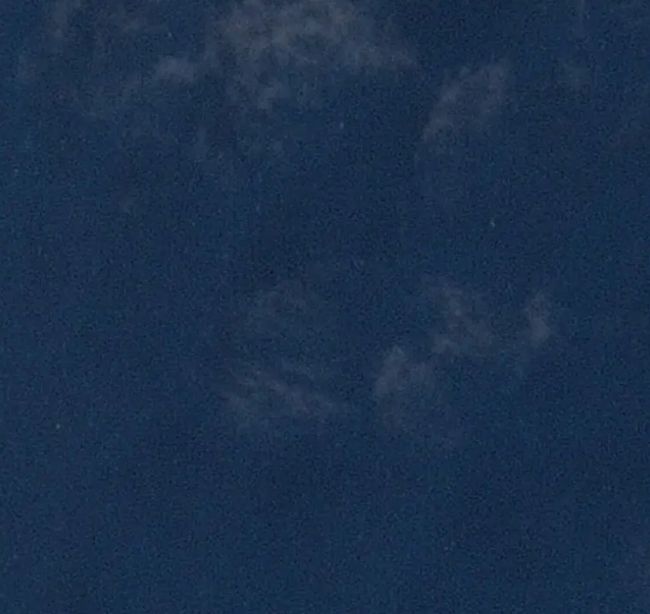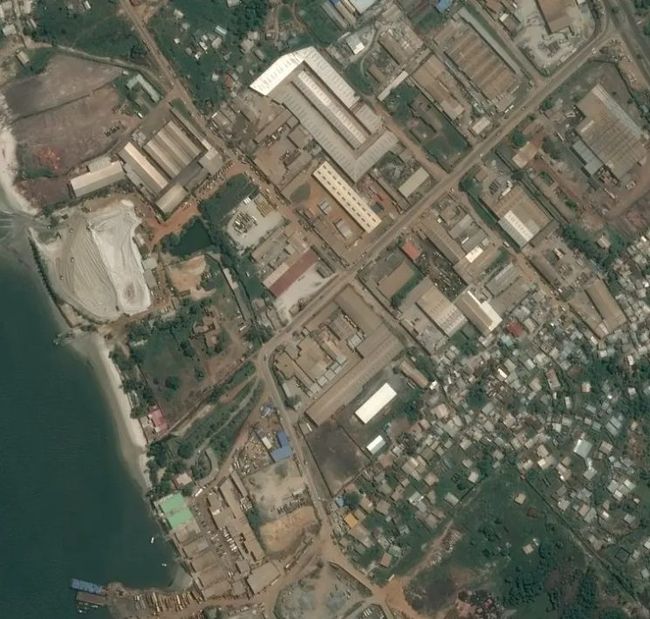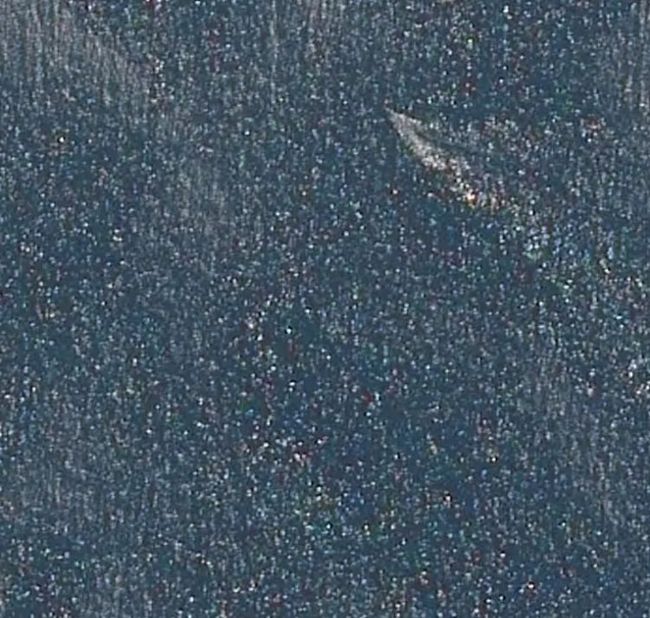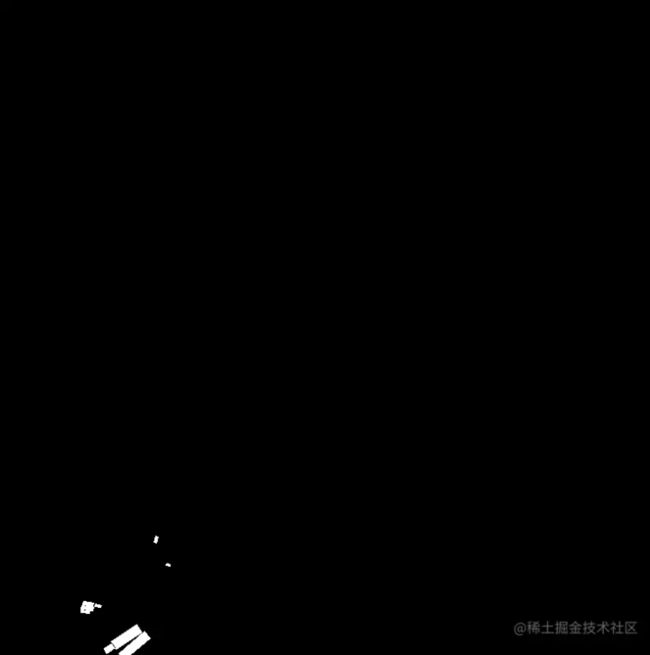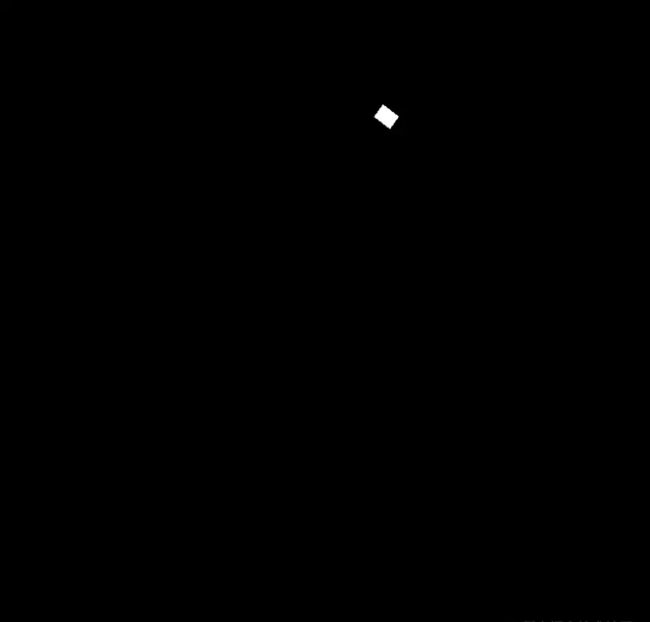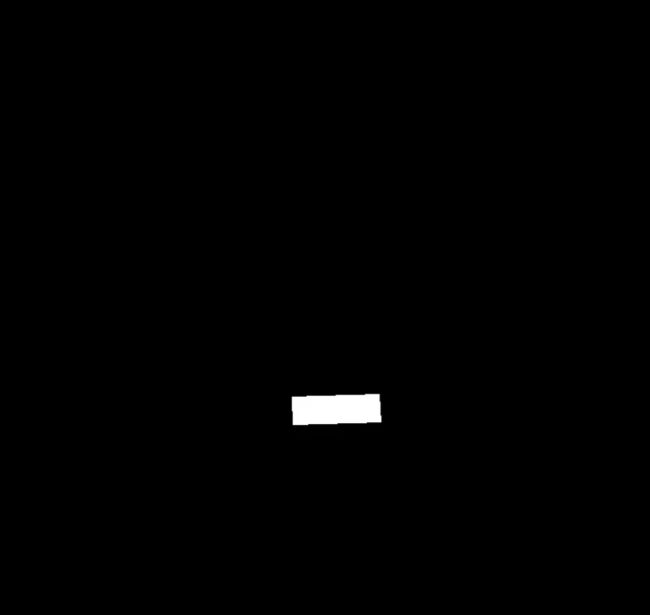1.Airbus Ship Detection Challenge
url: https://www.kaggle.com/competitions/airbus-ship-detection
Find ships on satellite images as quickly as possible
Data Description
In this competition, you are required to locate ships in images, and put an aligned bounding box segment around the ships you locate. Many images do not contain ships, and those that do may contain multiple ships. Ships within and across images may differ in size (sometimes significantly) and be located in open sea, at docks, marinas, etc.
For this metric, object segments cannot overlap. There were a small percentage of images in both the Train and Test set that had slight overlap of object segments when ships were directly next to each other. Any segments overlaps were removed by setting them to background (i.e., non-ship) encoding. Therefore, some images have a ground truth may be an aligned bounding box with some pixels removed from an edge of the segment. These small adjustments will have a minimal impact on scoring, since the scoring evaluates over increasing overlap thresholds.
The train_ship_segmentations.csv file provides the ground truth (in run-length encoding format) for the training images. The sample_submission files contains the images in the test images.
Please click on each file / folder in the Data Sources section to get more information about the files.
kaggle competitions download -c airbus-ship-detection
2.数据展示
2.1 标注数据
该数据以csv格式存储,具体如下:
2.2 图象文件
3.格式转换
由于图太多,暂时转换10个
#!/usr/bin/env python3
# -*- coding: utf-8 -*-
import numpy as np # linear algebra
import pandas as pd # data processing, CSV file I/O (e.g. pd.read_csv)
from PIL import Image
# ref: https://www.kaggle.com/paulorzp/run-length-encode-and-decode
# 将图片编码成rle格式
def rle_encode(img, min_max_threshold=1e-3, max_mean_threshold=None):
'''
img: numpy array, 1 - mask, 0 - background
Returns run length as string formated
'''
if np.max(img) < min_max_threshold:
return '' ## no need to encode if it's all zeros
if max_mean_threshold and np.mean(img) > max_mean_threshold:
return '' ## ignore overfilled mask
pixels = img.T.flatten()
pixels = np.concatenate([[0], pixels, [0]])
runs = np.where(pixels[1:] != pixels[:-1])[0] + 1
runs[1::2] -= runs[::2]
return ' '.join(str(x) for x in runs)
# 将图片从rle解码
def rle_decode(mask_rle, shape=(768, 768)):
'''
mask_rle: run-length as string formated (start length)
shape: (height,width) of array to return
Returns numpy array, 1 - mask, 0 - background
'''
s = mask_rle.split()
starts, lengths = [np.asarray(x, dtype=int) for x in (s[0:][::2], s[1:][::2])]
starts -= 1
ends = starts + lengths
img = np.zeros(shape[0] * shape[1], dtype=np.uint8)
for lo, hi in zip(starts, ends):
# img[lo:hi] = 1
img[lo:hi] = 255 #方便可视化
return img.reshape(shape).T # Needed to align to RLE direction
def masks_as_image(in_mask_list):
# Take the individual ship masks and create a single mask array for all ships
all_masks = np.zeros((768, 768), dtype=np.uint8)
for mask in in_mask_list:
if isinstance(mask, str):
all_masks |= rle_decode(mask)
return all_masks
# 将目标路径下的rle文件中所包含的所有rle编码,保存到save_img_dir中去
def rle_2_img(train_rle_dir, save_img_dir):
masks = pd.read_csv(train_rle_dir)
not_empty = pd.notna(masks.EncodedPixels)
print(not_empty.sum(), 'masks in', masks[not_empty].ImageId.nunique(), 'images')
print((~not_empty).sum(), 'empty images in', masks.ImageId.nunique(), 'total images')
all_batchs = list(masks.groupby('ImageId'))
train_images = []
train_masks = []
i = 0
for img_id, mask in all_batchs[:10]:
c_mask = masks_as_image(mask['EncodedPixels'].values)
im = Image.fromarray(c_mask)
im.save(save_img_dir + img_id.split('.')[0] + '.png')
print(i, img_id.split('.')[0] + '.png')
i += 1
return train_images, train_masks
if __name__ == '__main__':
rle_2_img('train_ship_segmentations_v2.csv',
'mask/')
其中为了方便查看,原计划0为背景,1为mask,为了方便显示,设置为255为mask。
4.转换结果
到此这篇关于基于Python实现RLE格式分割标注文件的格式转换的文章就介绍到这了,更多相关Python RLE文件内容请搜索脚本之家以前的文章或继续浏览下面的相关文章希望大家以后多多支持脚本之家!

